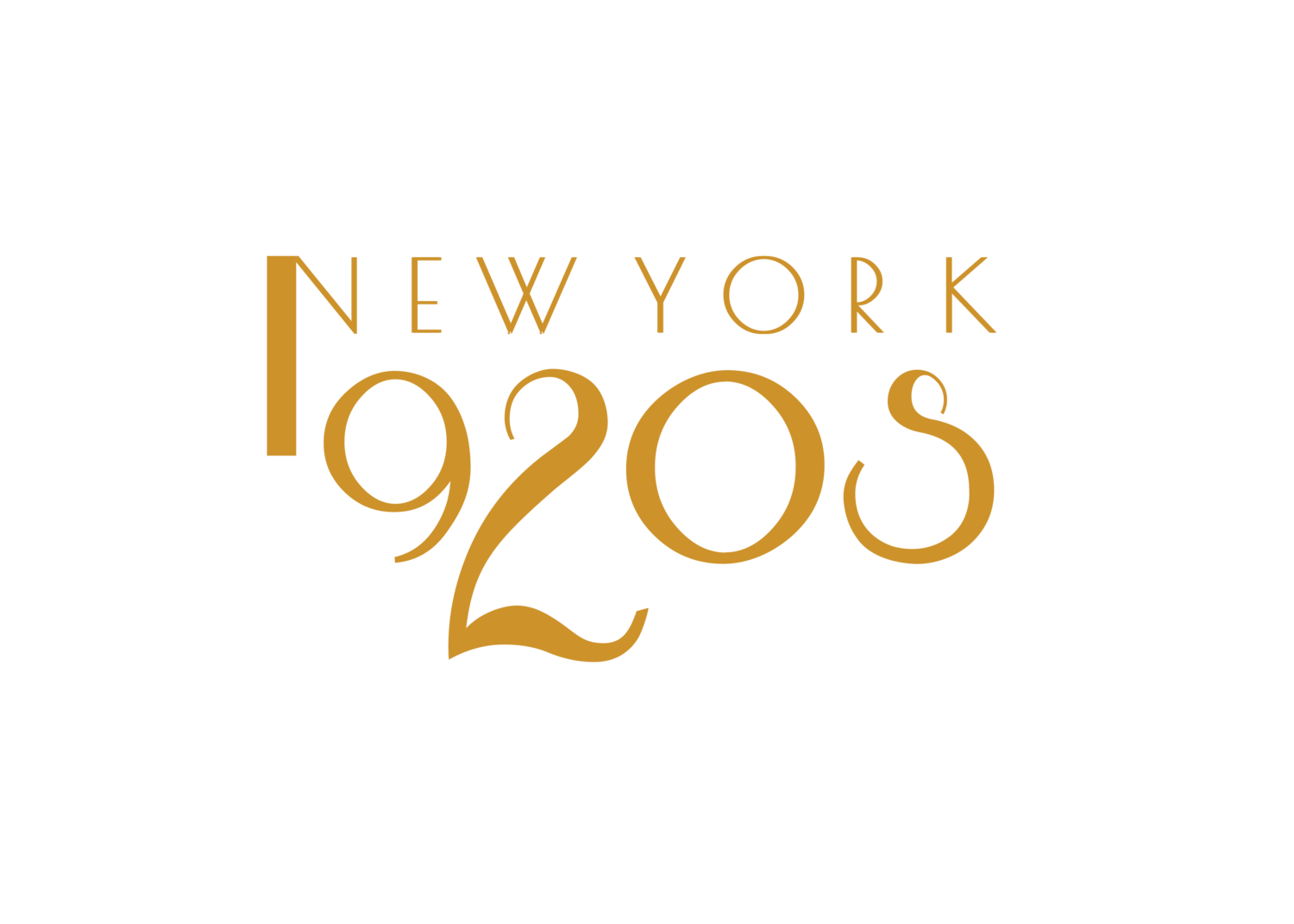Arnold Rothstein proclaims his innocence in baseball gambling scandal
One hundred years ago today … The News was the only NYC newspaper reporting that Arnold Rothstein testified before a Grand Jury in Chicago, swearing he had no involvement in fixing (arranging the winner of) baseball’s 1919 World Series.
The Daily News, 27 October 1920, p. 22. Chronicling America.
Rumors about the 1919 World Series being fixed started as soon as it was played. Rumors of Rothstein’s involvement started soon after. The first public speculation regarding Rothstein blared out on December 15, 1919, in The New York World, whose Hugh Fullerton wrote: “There is in New York a gambler named Arnold Rothstein … There has been no legal proof against him beyond the fact that he is the only man in the entire crowd who had money enough to handle such a deal” (quoted Pietrusza, 170).
The New York Wold, 15 December 1919, p. 3. Chronicling America.
Despite the rumors, no proof ever emerged, and Rothstein was never charged in the case, perhaps, argues David Pietrusza, because of his social and financial connections to Val O’Farrell, who worked in the Illinois State Attorney’s office (184). To this day, it is unclear whether Rothstein participated in the fix. What is known is that the perpetrators had approached him at the Astor Hotel restaurant on 44 Street. What is likely is that he saw the opportunity to profit. As Nick Tosches supposes that: “He told them that he did not believe that such a fix was possible, then he acted on what they had given him” (267).
The Daily News, 29 October 1920, p. 20. Chronicling America.
The Rothstein/1919 World Series story echoes with many concerns and posts of our NY1920 project so far: The scandal had largely come to the public’s attention in September 1920, and prompted Ted Hooks’ October 9 editorial that the Major Leagues should admit Black players. (See our post here.)
We previously reported about Rothstein meeting Meyer Lansky in Winter 1920 and, with prohibition in place, entering the bootlegging business. Rothstein had paid the legal fees for Nicky Arnstein in February (see our post here.) His career straddling the law had brought him into close contact with political figures such as Mayor John Hylan, and he had multifaceted business relationships with New York Giants manager John McGraw and, especially, owner Charles Stoneham.
One person he probably did not know personally was F. Scott Fitzgerald (whom we have featured repeatedly) though Fitzgerald claimed to have met him (Tosches, 269). It is Fitzgerald who created the enduring portrait of Rothstein, a fictionalized version in his The Great Gatsby (1924), as “the man who fixed the 1919 World Series” and had thus played with “the faith of fifty million people.” Fitzgerald’s Meyer Wolfsheim is a stage Jew, an antisemitic caricature; Edith Wharton (whom we featured last week) approved, calling it “the perfect Jew.”
Antisemitism saturated coverage of the scandal from the start (Pietrusza, 170,) and, significantly, rumors of Rothstein’s involvement became part of the antisemitic campaign of Henry Ford. (See October 11.) Ford would publish an article called “Jewish Gamblers Corrupt American Baseball” in 1921, arguing that “the Jewish characteristic” “spoils everything.”
References/Further reading:
Pietrusza, David. Rothstein. New York: Basic Books, 2003.
Tosches, David. King of the Jews. New York: Harper Perennial, 200
WRITTEN BY JONATHAN GOLDMAN, OCTOBER 27, 2020.
TAGS: baseball, sport, gambling, gangsters, organized crime, law, antisemitism, literature



